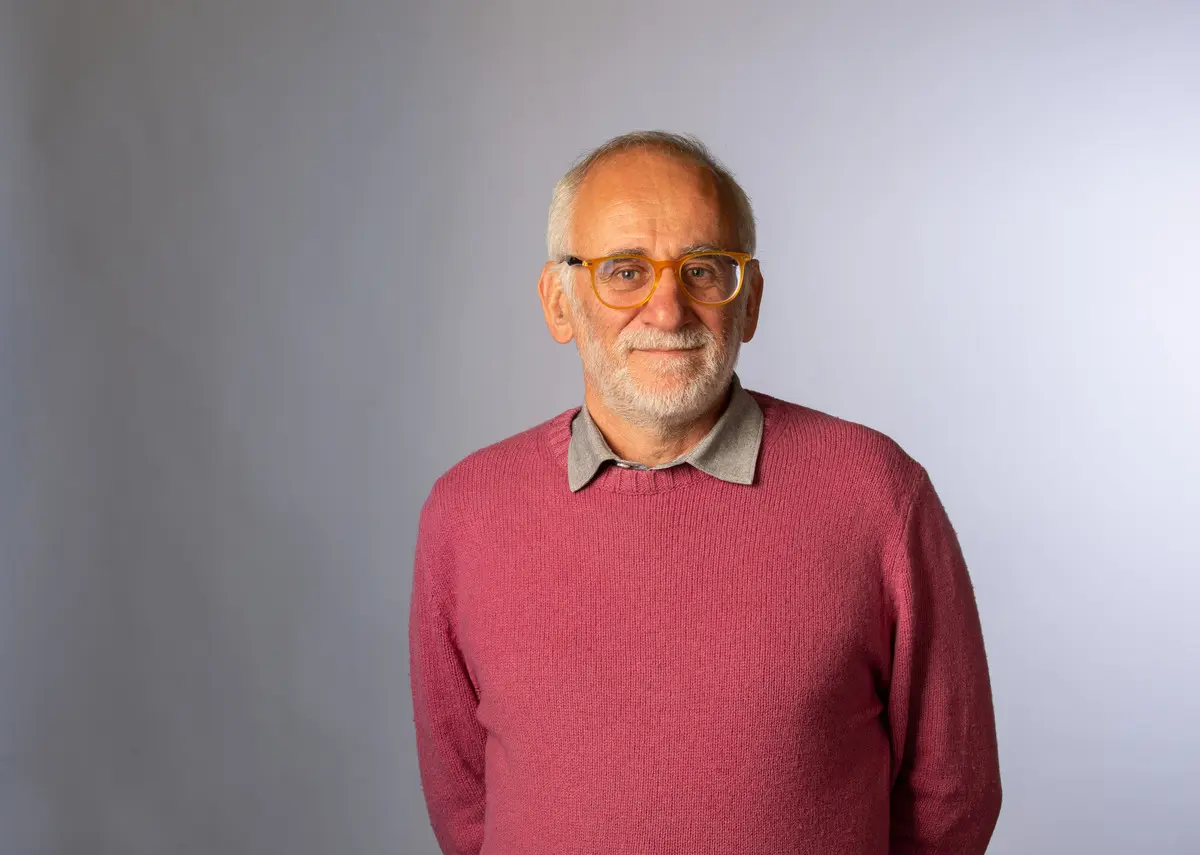His name is Friend not because he can have great conversations about the meaning of life just because he saves your life. In fact, it is an instrument that is widely used in rock climbing, to secure climbers, to stop falls and to help them move around if necessary. It works with cams, which are rods and springs that allow this object to vary its volume. So by pulling it, its volume is reduced, and by releasing it, it regains its original volume. It is placed in the cracks and fissures of the rock and then, when the cams are released, the friend expands, presses against the rock and offers very strong resistance to traction, managing to hold even a body in free fall.
Friend is very interesting, not only for its design and the way it is used, but also for its history. It is not the result of particularly advanced scientific research or lengthy research by designers or engineering teams in the technology industries. Friend was developed in the 1970's by a fairly famous climber - Ray Jardine - who was dissatisfied with the belay tools in use at the time, and he thought how a better belay tool could be found and developed.
In other words, Friend is for us a great example of how technological artefacts are often not the result of the work of specialists in technological innovation and research, but are pervasive in everyday life, born out of the daily lives of people, often from below, with activities that we call co-design/co-creation, that is, where people who use objects, develop them and adapt them to their needs.
Technology is not a distinct economic sector, an action and hunting ground for technological innovation specialists. Technology today is pervasive in all its aspects, such as air, water, colours and sounds; everything we do is infused with technology today.
My colleagues and I work in a technological university one of the leading technological universities in the world. A few years ago, together with two of my colleagues who are philosophers and who, like me, feel a little bit isolated in the Politecnico di Milano, we looked around and said to ourselves: 'You cannot develop all this cutting-edge techno-scientific knowledge without at the same time developing a minimum of sensitivity, an aptitude for asking critical questions', in other words, a critical reflection on where this technology is leading, what consequences it has for people's lives.
At Politecnico di Milano, teaching and research cannot fail to develop not only skills but also the ability to take into consideration, to realise, the impact that the technologies that are developed have on people's lives, on the environment that surrounds us, on the society in which we live. At the Politecnico di Milano we founded a unit for the study of science and technology, called META, with a very precise aim, which is to bring critical reflection on techno-science into the teaching and research of the Politecnico, and thus into the very DNA of our university.
Where does this technology we are developing come from? Who needs it? And who can be damaged by it? What could be the negative impacts of this technology that are not immediately apparent? And do the benefits it brings, compensate for any negative impacts? Are we able to control this technology once we have implemented it? Do we really know it? Do we know it inside out? Do we know how it performs?
Thanks also to the immediate and unconditional support we have received from the University's governance, we have recently pursued a programme of introducing new courses into teaching, courses such as "ethics of technology", "philosophy of science", "technology and society", "society and sociology of innovation", and we have carried out a series of initiatives in the field of research and in the field of dissemination to reason and reflect on the processes of techno-scientific research and the dissemination of research results.
META will continue in this direction over the next few years, because we would like what normally happens today to no longer happen, i.e. that designers and engineers develop their technological artefacts that work well, while philosophers and sociologists find themselves saying, like a talking cricket: "No, this is not good, it is not good, I am not doing it".
We would like in the future, when technology is even more pervasive in everyday life than it is today, that designers and engineers themselves are aware from the outset of the impact that what they are developing may have on society, and are therefore able to take this into account from the stage of developing, designing and imagining our future.
